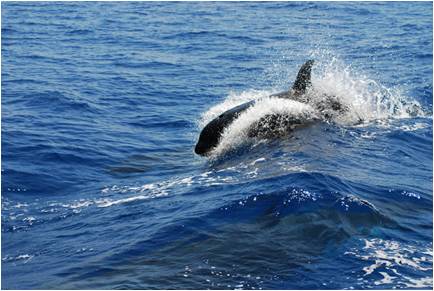
Selecting the right decision-making tool can be a difficult challenge for policymakers and using the wrong tool can decrease the environmental benefits of decisions by up to 50%. This project aims to avoid these losses by helping staff at the Department of the Environment to assess critical needs for effective decision-making, identify the best tools, and improve their capacity to use them.
Decision-making tools may deal with risk assessment, valuation of market and non-market consequences; and the selection of better options among a set of candidates (such as cost benefit analysis and adaptive management). They vary in the kinds of problems they address, the resources and technical competencies required to deploy them, repeatability and transparency, the timescales and uncertainties they accommodate, and the extent to which they address legal responsibilities.
For example, the impact of Australian Marine Parks needs to be assessed over the next 10 years using indicators of performance that we select and monitor today. There is a vast pool of candidate indicators, ranging from top predators to benthic habitats, to physical and chemical descriptors of water quality. But within the constraints of a limited budget, managers need to prioritise candidates using the best available science and understanding of the pay-offs of alternative indicators under various future management scenarios. This project will use the tools of decision science to help guide coherent and rational indicator selection.
The project will collate examples of tools used in the marine reserve setting, interview marine park managers, policymakers and decision support specialists to identify decision problems, and evaluate the tools that can be used to address them. Selected tools will be explored through specific case studies, and short training courses will be held for departmental staff to build capacity.
